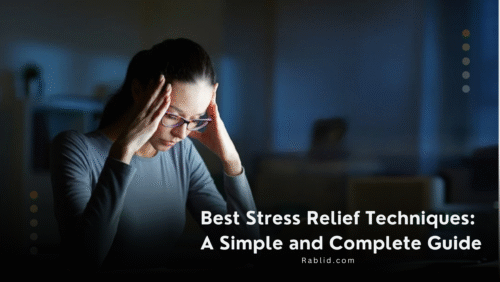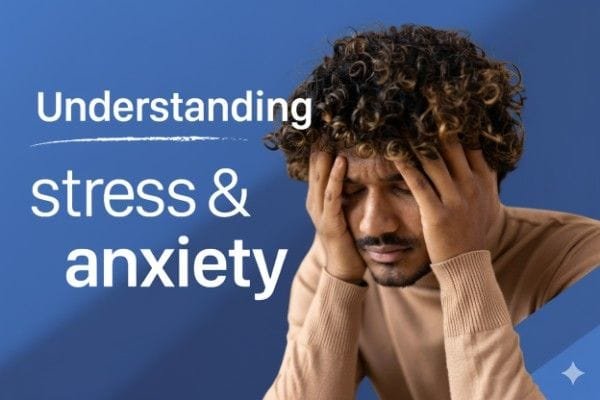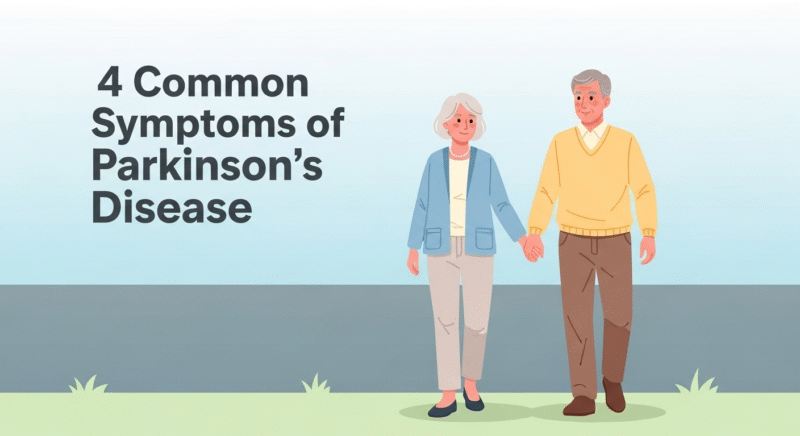Life can be overwhelming with the demands of school, work, and social commitments, leaving you feeling drained. If you’re experiencing stress or anxiety, integrating mindfulness and relaxation techniques into your routine can be transformative. These practices can help you feel more present, calm, and in control during hectic times. Let’s explore depression and anxiety management techniques and tips to get over them and how to incorporate them into your daily life.
What is mindfulness?
Mindfulness is the practice of paying full attention to the present moment without judgment. It’s about being aware of your thoughts, feelings, and surroundings without getting caught up in them. When you practice mindfulness, you focus on what’s happening right now instead of worrying about the past or future. It can help to reduce stress, improve your mood, and increase your overall sense of well-being.
What Are Relaxation Techniques?

Relaxation techniques are methods that you can use to reduce stress and calm your mind and body. These techniques can help to activate the body’s relaxation response, which lowers heart rate, reduces muscle tension, and promotes a sense of calm. Some popular relaxation techniques include deep breathing, progressive muscle relaxation, and guided imagery.
Why Should You Practice Mindfulness and Relaxation?
- Reduce Stress and Anxiety
Mindfulness helps you focus on the present, which can reduce worrying about things that haven’t happened yet. By staying grounded in the moment, you can lower anxiety levels and improve your emotional resilience. - Improve Focus and Productivity
When you’re mindful, you’re less likely to get distracted by unnecessary thoughts. This improved focus can help you be more productive, whether you’re studying, working, or tackling personal projects. - Enhance Emotional Health
Practicing mindfulness can help you develop a better understanding of your emotions. Instead of reacting impulsively, you can observe your feelings and choose how to respond in a calm and balanced way. - Promote Physical Relaxation
Relaxation techniques reduce physical tension and promote a sense of calm. This can lead to better sleep, lower blood pressure, and a more relaxed body overall.
Simple Mindfulness and Relaxation Techniques You Can Try
1. Deep Breathing
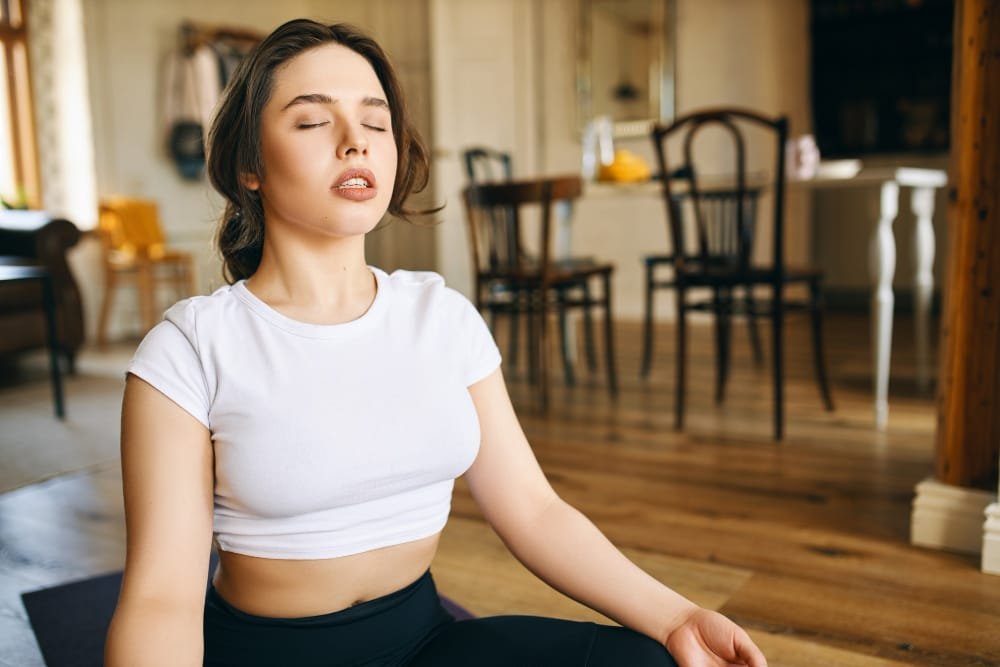
Deep breathing is one of the easiest and most effective ways to relax. It helps calm your nervous system and reduce stress. Here’s how to do it:
- Sit or lie down in a comfortable position.
- Close your eyes and take a slow, deep breath in through your nose for a count of four.
- Hold your breath for the count of four.
- Exhale slowly through your mouth for a count of four.
- Repeat this process for a few minutes, focusing only on your breath.
2. Body Scan Meditation
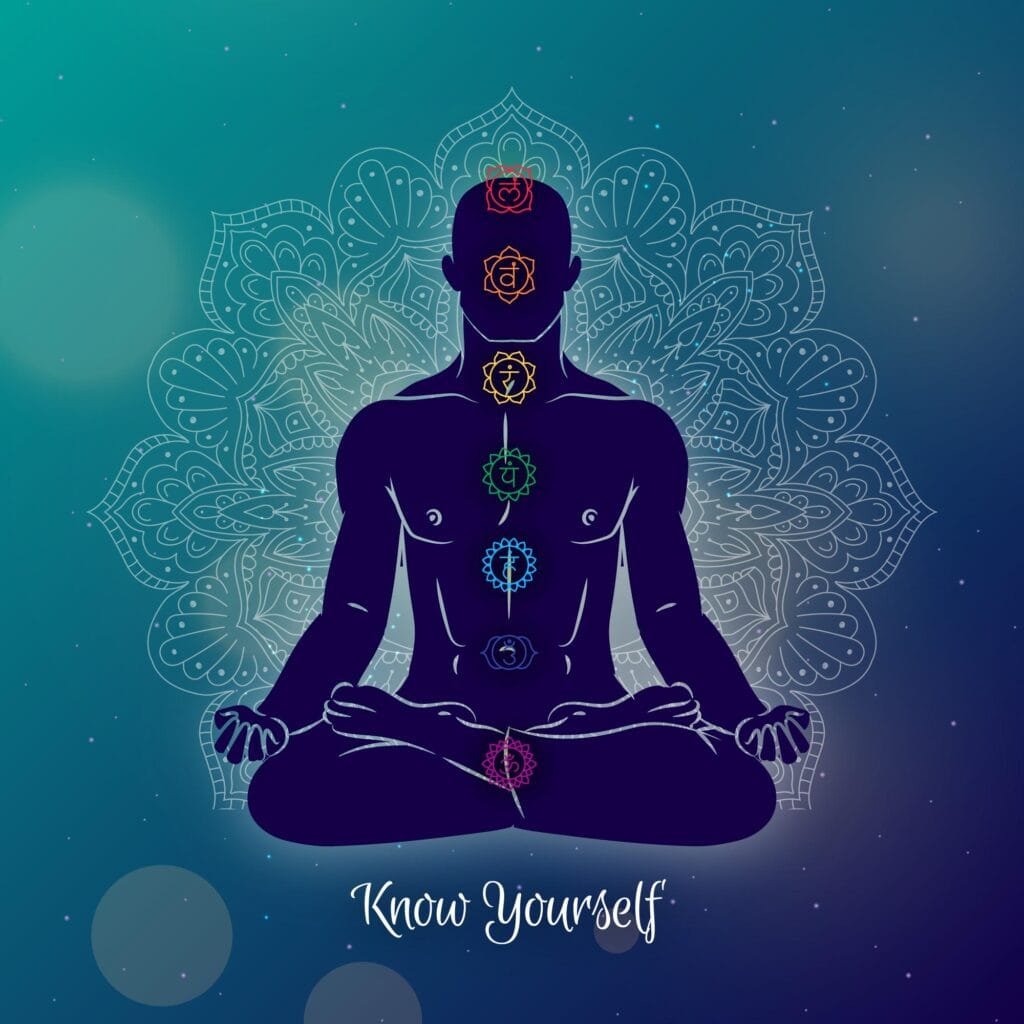
A body scan meditation is a mindfulness practice that involves mentally scanning your body from head to toe, noticing any areas of tension or discomfort. Here’s how to do it:
- Find a quiet space where you can lie down or sit comfortably.
- Close your eyes and take a few deep breaths to relax.
- Slowly bring your attention to your toes, noticing any sensations or tension in that area.
- Gradually move your focus up through your body, paying attention to each part, from your feet to your head.
- If you notice any tension, take a deep breath and imagine releasing it with each exhale.
3. Progressive Muscle Relaxation

This technique involves tensing and relaxing different muscle groups to release physical tension. Here’s how to practice it:
- Start by sitting or lying down in a comfortable position.
- Begin with your feet, tense the muscles for a few seconds, then release the tension as you breathe out.
- Move upward, working through your calves, thighs, stomach, chest, arms, and face, tensing and releasing each muscle group.
- Focus on the feeling of relaxation as you release each muscle.
4. Mindful Walking

If sitting still isn’t your thing, try mindful walking. This is a simple way to practice mindfulness while moving. Here’s how to do it:
- Find a quiet place where you can walk slowly, like a park or even inside your home.
- As you walk, focus on each step. Pay attention to how your feet feel as they touch the ground, the rhythm of your movement, and the sounds around you.
- If your mind starts to wander, gently bring your focus back to the sensation of walking.
5. Guided Imagery
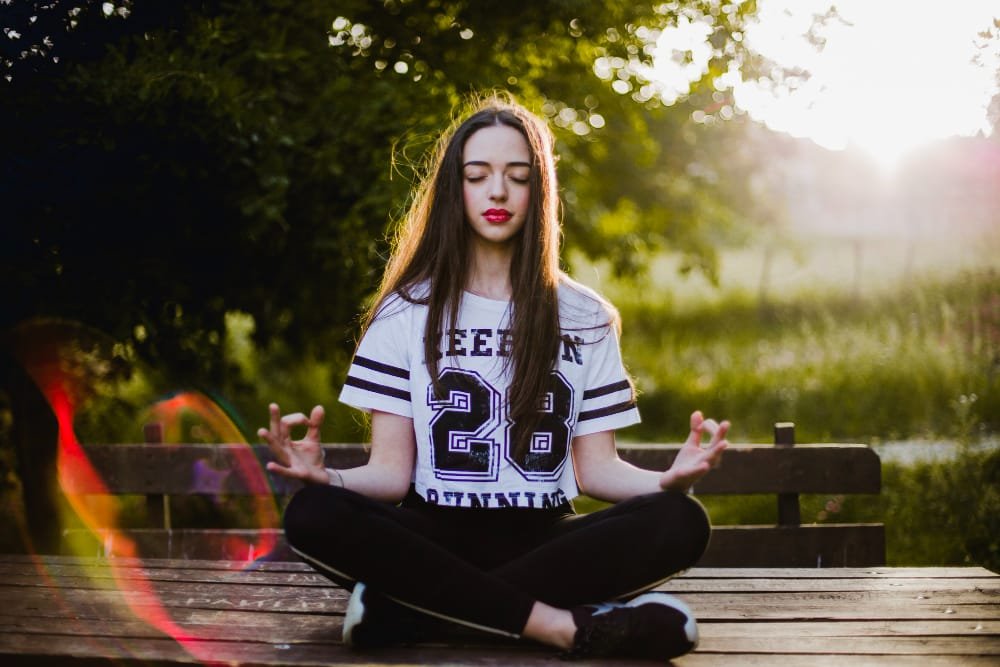
Guided imagery involves visualizing a peaceful scene to help calm your mind. Here’s how to practice it:
- Close your eyes and take a few deep breaths.
- Picture a peaceful place in your mind—a beach, a forest, or a mountain.
- Imagine all the details of the place: the sights, sounds, and smells.
- Spend a few minutes immersing yourself in the calming imagery.
How to Make Mindfulness and Relaxation Part of Your Routine
Incorporating mindfulness and relaxation into your daily life doesn’t have to be complicated. Here are a few tips to help you get started:

- Start Small: Begin with just five minutes a day. As you get more comfortable, you can increase the time.
- Set a Routine: Try to practice mindfulness or relaxation at the same time every day, whether it’s in the morning, during lunch, or before bed.
- Use Apps or Videos: If you’re new to mindfulness, there are plenty of apps and YouTube videos that offer guided meditations and relaxation exercises.
- Be Consistent: Like any habit, consistency is key. The more you practice, the easier it will become to manage stress and stay calm.
Final Thoughts
Mindfulness and relaxation techniques are powerful tools for managing stress, improving mental health, and finding calm in a busy world. Whether you’re dealing with school, work, or personal challenges, these practices can help you stay grounded and focused. Start with small steps, and remember, it’s okay if your mind wanders or if you don’t feel perfectly calm right away. The more you practice, the more natural it will feel.
Take time for yourself, breathe deeply, and embrace the present moment. You’ve got this!
FAQ. related to this topic:
Q. I’m 18 and feeling mentally overwhelmed. What should I do?
Experiencing overwhelming feelings at 18 is common due to significant life changes. It’s important to acknowledge these feelings and seek support. Consider talking to a trusted friend, family member, or mental health professional. Practicing mindfulness and relaxation techniques can also help manage stress. Remember, seeking help is a sign of strength.
Q. How can I manage stress and anxiety at 18?
Managing stress and anxiety involves adopting healthy coping strategies:
Time Management: Organize tasks to prevent feeling overwhelmed.
Regular Exercise: Physical activity releases endorphins, which can improve mood.
Balanced Diet: Eating nutritious foods supports overall well-being.
Adequate Sleep: Aim for 7-9 hours of quality sleep each night.
Mindfulness practices: Techniques like meditation and deep breathing can reduce stress.
Q. Is it normal to feel lost or uncertain about the future at 18?
Yes, it’s normal to feel uncertain about the future at 18. This age often involves transitions like finishing school, starting college, or entering the workforce, which can lead to feelings of being lost. Exploring different interests, setting small goals, and seeking guidance from mentors can help you navigate this period.
Q. What are some signs that I should seek professional help for my mental health?
It’s important to seek professional help if you experience:
- Persistent Sadness or Depression: feeling down most of the day, nearly every day.
- Anxiety: excessive worry or fear that interferes with daily activities.
- Changes in Sleep or Appetite: Significant weight loss or gain, or trouble sleeping.
- Loss of Interest: Disinterest in activities you once enjoyed.
- Thoughts of self-harm or suicide: If you have thoughts of harming yourself, seek immediate help.
Q. How can I build resilience to cope with life’s challenges?
Building resilience involves:
Seeking professional help when needed: Don’t hesitate to reach out for support.
Developing a Support System: Surround yourself with understanding friends and family.
Maintaining a Positive Outlook: Focus on strengths and past successes.
Setting realistic goals: Break tasks into manageable steps.
Practicing self-care: engage in activities that promote relaxation and well-being.
Q. How can I talk to my parents about my mental health struggles?
Approaching your parents about mental health can be challenging.
- Choose the Right Time: Find a calm moment to talk.
- Be Honest: Share your feelings openly.
- Provide Information: Educate them about mental health to foster understanding.
- Seek Professional Help Together: Suggest attending counseling sessions as a family.
Open communication can lead to better support and understanding.
Q. What are some self-care practices to improve mental well-being?
Self-care practices include:
- Engaging in Hobbies: Participate in activities you enjoy.
- Physical Activity: Exercise regularly to boost mood.
- Mindfulness and Meditation: Practice mindfulness to stay present and reduce stress.
- Healthy Eating: Maintain a balanced diet for overall health.
- Adequate Rest: Ensure you get enough sleep each night.

